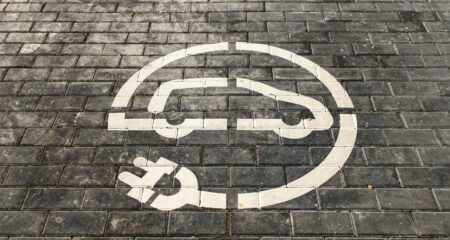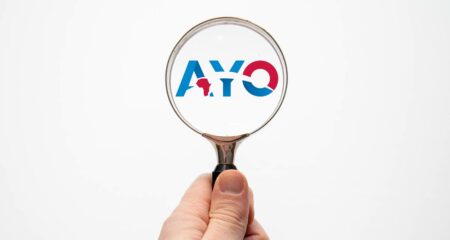
The JSE has warned African Equity Empowerment Investments (AEEI) and Ayo Technology Solutions – both ultimately controlled by Iqbal Survé’s Sekunjalo – that they could have their shares suspended from trading.
The two companies failed to submit their annual reports within the four-month period stipulated in the JSE’s listing requirements and have until the end of January to comply – or face sanction.
Last month, the JSE fined a former director of Ayo, Khalid Abdulla, R1.2-million as a result of his failure to comply with provisions of the listing requirements. Ayo listed on the JSE on 21 December 2017, and the day afterwards entered into the first of three performance management agreements with an asset manager 3 Laws, in terms of which 3 Laws would manage funds invested on behalf of Ayo to diversify Ayo’s treasury risk.
Sekunjalo Investment Holdings holds 85% of 3 Laws. It also owns 61% of African Equity Empowerment Investment Holdings, which in turn holds 49% of Ayo. Therefore, 3 Laws was a related party to Ayo in terms of the listing requirements, the JSE said.
R70-million was advanced to 3 Laws on 22 December 2017 and returned to Ayo on 22 February 2019; R400-million was transferred to 3 Laws on 5 March 2018 and returned to Ayo on 20 August 2018; and R400-million was advanced to 3 Laws on 29 November 2018 and returned to Ayo on 22 February 2019.
The payments were made directly into 3 Laws’ bank account, contrary to the prescripts and provisions of the performance agreements. Ayo did not inform the JSE and the market of the details of the transactions prior to completing and implementing them with 3 Laws and did not obtain the approval of shareholders where required or confirm to shareholders that the terms of the transactions were fair, as required. This contributed to Ayo’s breach of the listing requirements regarding related-party transactions.
Increasingly difficult
As a result of this and other alleged irregularities, many South African banks began to withdraw their services from Survé, Sekunjalo and 44 affiliated companies. Nedbank was one of the few banks that still offered Sekunjalo some leeway after others cut ties with the group.
But Nedbank also started to close the companies’ accounts in April 2021, fearing it could suffer reputational harm following the publication of the Mpati Commission of Inquiry report. The inquiry probed wrongdoing at the Public Investment Corporation (PIC), which manages the pensions of civil servants. It had invested R4.3-billion in Ayo in late 2017 before Ayo’s listing on the JSE. Soon after that, the shares lost almost 90% of their value. The inquiry found that the PIC’s investment in Sekunjalo group companies showed a “marked disregard for PIC policy and standard operating procedures”, according to News24.
Read: Ayo won’t back down even as auditors raise red flags
Last year, the supreme court of appeal found that Nedbank could close the accounts of the group after rejecting an earlier decision made by the equality court, a huge setback for Sekunjalo, which has been involved in a four-year legal campaign to prevent South African banks from closing its accounts. Without banking services, doing business in 2024 is likely to become increasingly difficult for Sekunjalo and its group companies.
Survé could not be reached for comment as he is on leave, his office said. — (c) 2024 NewsCentral Media




